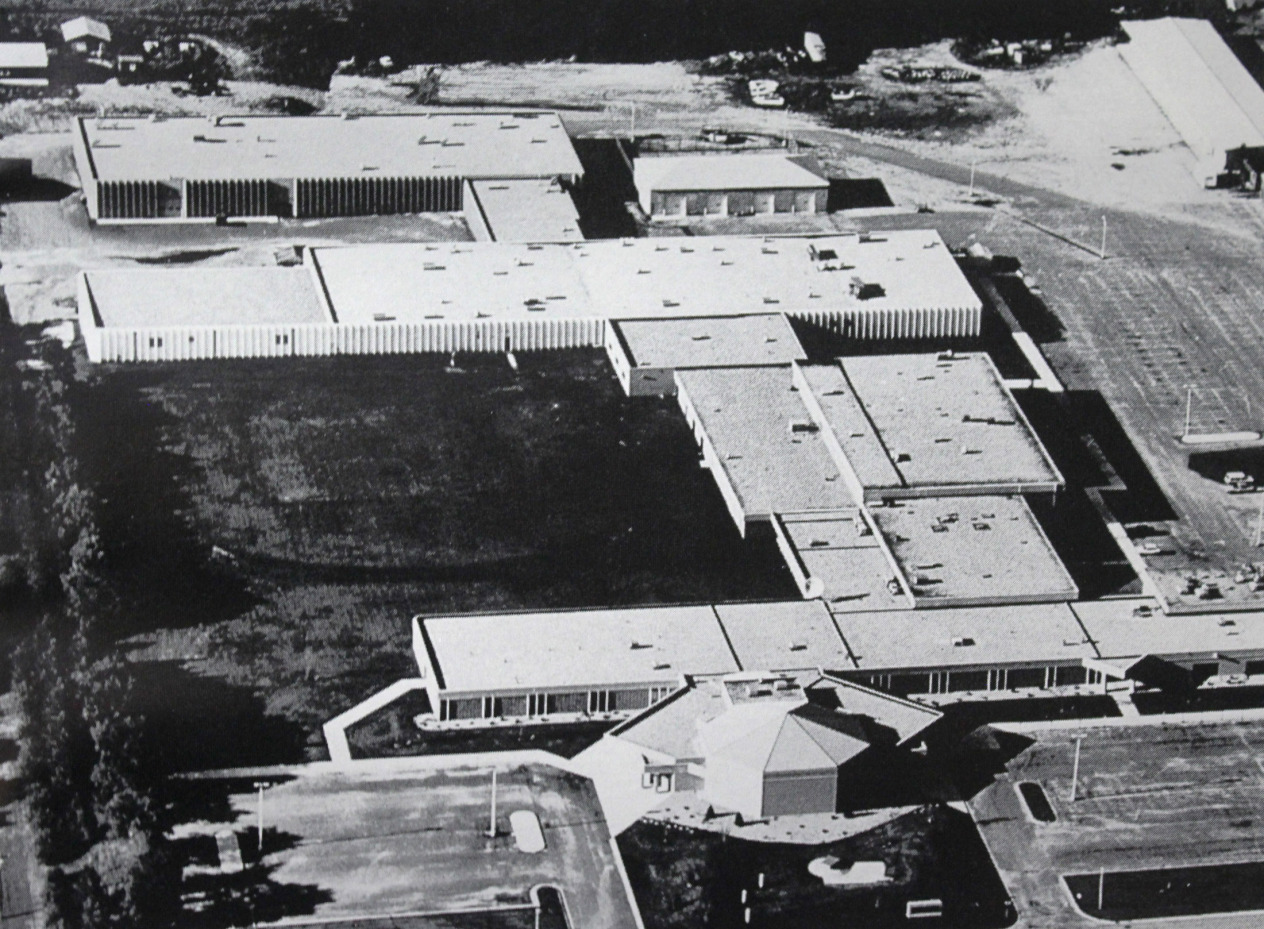Title
ECE1109 - Health, Wellness and Nutrition
API ID
Credits
3 (3/0/0)
Description
This course guides students in understanding the teacher strategies and skills needed to establish and maintain a physically and psychologically safe, healthy learning environment for young children from birth through age 8. Topics include preventing illness and accidents, handling emergencies, providing health, safety and nutrition educational experiences within the daily routine, meeting children's basic nutritional needs, child abuse and neglect, childhood stress, trauma and current health, safety and nutrition-related issues.
Competencies
- Identify teacher strategies that promote a developmentally appropriate, healthy and safe learning environment by meeting infants' and toddlers' physical needs, within but not limited to the daily routine of: rest, nutrition/feeding, muscle play, diapering, hand washing and sanitation.
- Examine how to evaluate environmental factors and conditions that affect the physical/emotional safety, health and development of infants and toddlers to ensure their physical and emotional safety.
- Explain how to establish and maintain psychologically safe and healthy learning environments for preprimary-aged children by describing the influence of the physical setting, schedule, routine and transitions and how to use those experiences to promote children's development and learning.
- Examine the developmental consequences of stress and trauma on pre-primary and primary-aged children through researching protective factors, resilience, development of mental health and the importance of supportive relationships.
- Examine appropriate health appraisals and identify how to recommend referrals to appropriate community services.
- Research and describe signs of emotional distress, child abuse and neglect in children, along with mandated reporting responsibilities and procedures for reporting suspected or known abuse or neglect to proper authorities.
- Explore how to assess pre-primary aged children's emerging levels of physical development, then plan learning experiences that facilitate children's understanding of maintaining a desirable amount of nutrition, health, fitness and physical safety.
- Examine professional responsibilities, such as state requirements for obtaining and maintaining licensure in Minnesota, the role of the teacher as public employee, and the purpose and contributions of educational organizations as they relate to high-quality learning environments.
Degrees that use this course
Degrees that use this course
Degree:
Certificate
Location:
Fergus Falls Campus
Credits:
18
Degree:
Associate of Science (AS)
Location:
Fergus Falls Campus
Credits:
60
